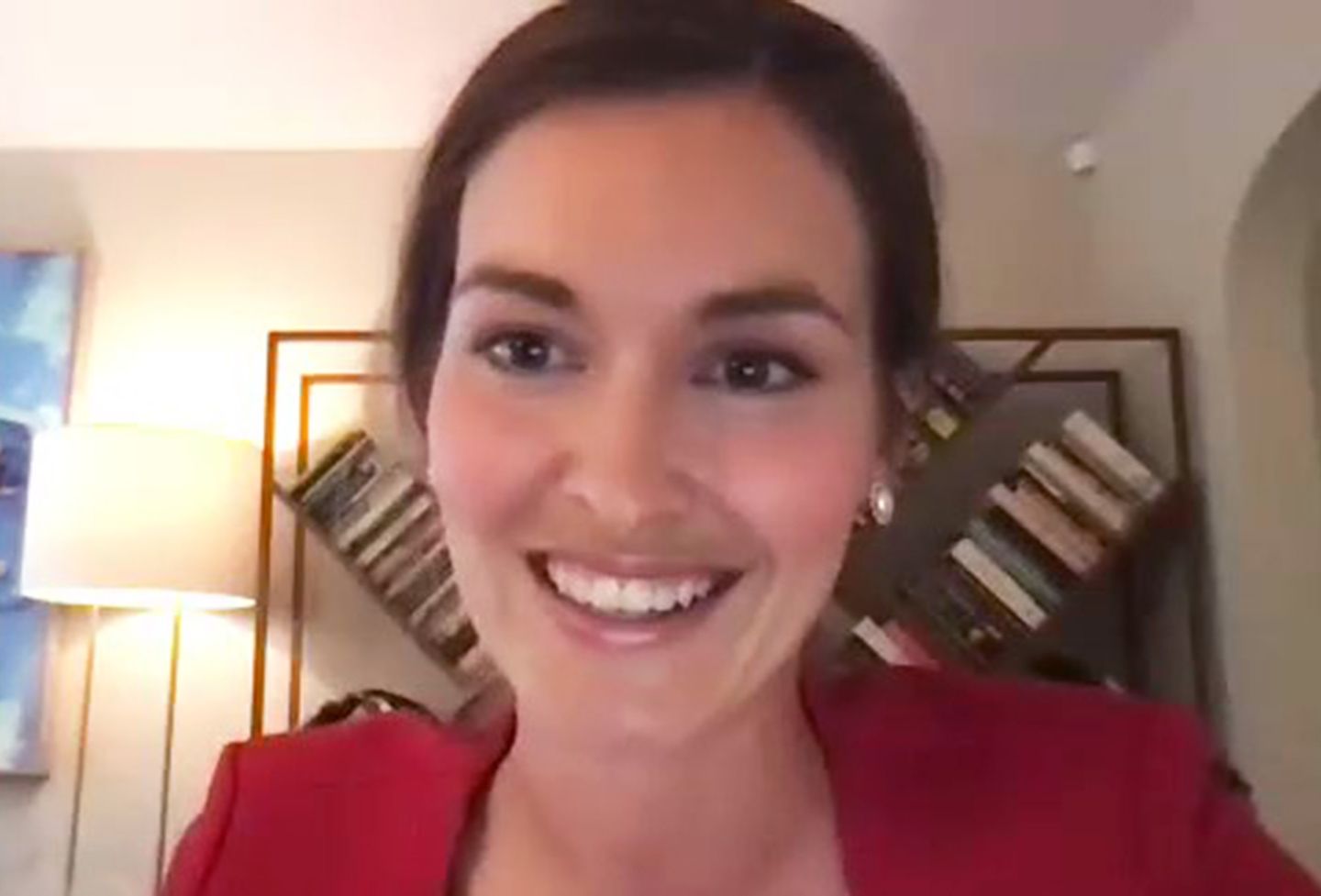About the Program
The Animal Law Program is designed to foster student interest in the law and ethics of humans’ relationships with animals. Established through a gift by animal rights advocate Bob Barker, the program supports both scholarly and practical legal experience in animal law.
Each year the program offers a class on animal law. Students taking the course examine a broad spectrum of issues, including animal cruelty laws, injury to and from animals, veterinary care and malpractice, property issues (including custody and trusts and wills), agriculture and food use of animals, biomedical use of animals, entertainment use of animals and national and international wildlife law.
In addition, the program sponsors a writing competition that encourages students interested in the areas of animal law, ethics and rights to engage in scholarly endeavors involving those subject matters. The competition is open to all graduate students at the University of Virginia.
The program also helps students obtain internships and externships in areas involving animal law and provides pro bono experience for students in the local community. Prominent speakers involved in areas of animal rights, welfare and law visit the Law School each year.
Faculty Director(s)
Margaret Foster Riley
Professor of Law, General Faculty
Dorothy Danforth Compton Professor, Miller Center
Professor of Public Health Sciences, School of Medicine
Professor of Public Policy, Batten School of Leadership and Public Policy
Director, Animal Law Program


